Curriculum
The Junior School offers the International Baccalaureate (IB) Primary Years Programme (PYP) from Kindergarten to Year 6.
The Junior School offers the International Baccalaureate (IB) Primary Years Programme (PYP) from Kindergarten to Year 6.
The PYP embraces best research and practice from around the world and aims to develop inquiring, knowledgeable and caring young people who help to create a better and more peaceful world through intercultural understanding and respect.
The PYP encourages students across the world to become active, compassionate and lifelong learners who understand other people and their perspectives.
The International Baccalaureate Primary Years Programme strives to develop internationally minded students who are:
|
Inquirers
|
Open-minded
|
Reflective
|
|
Knowledgeable
|
Caring
|
Principled
|
|
Thinkers
|
Risk-takers
|
|
|
Communicators
|
Balanced
|
|
Our Programs also focus on developing the IB PYP Attitudes which focus on how students feel about themselves, towards others, their world and their learning. Our students demonstrate:
|
Appreciation
|
Creativity
|
Independence
|
|
Commitment
|
Curiosity
|
Integrity
|
|
Confidence
|
Empathy
|
Respect
|
|
Cooperation
|
Enthusiasm
|
Tolerance
|
Kardinia International College Junior School curriculum is based on an inquiry approach to learning. Students inquire into, and learn about, globally significant issues in the context of six trans-disciplinary units of inquiry.

An inquiry into the nature of the self; beliefs and values; personal, physical, mental, social and spiritual health; human relationships including families, friends, communities, and cultures; rights and responsibilities; what it means to be human.
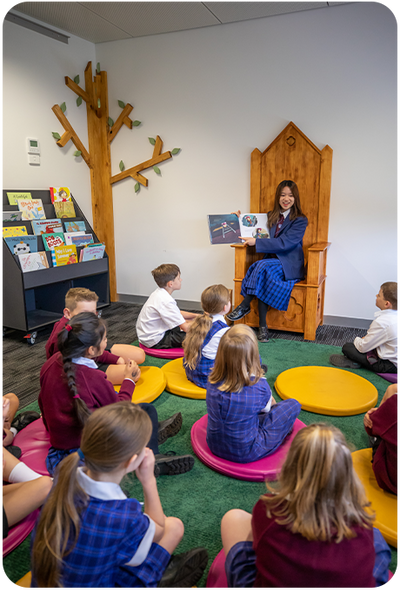
An inquiry into orientation in place and time; personal histories; homes and journeys; the discoveries, explorations and migrations of humankind; the relationships between and the interconnectedness of individuals and civilisations, from local and global perspectives.
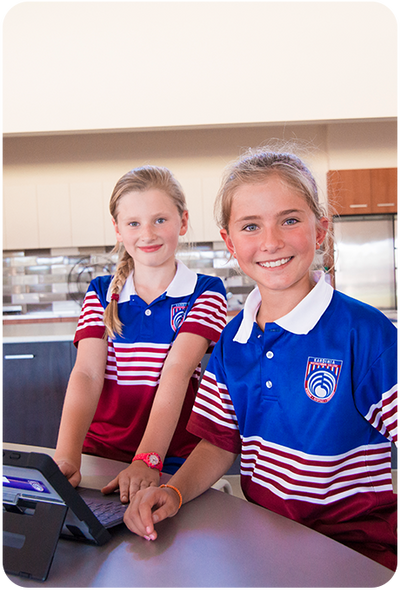
An inquiry into the ways in which we discover and express ideas, feelings, nature, culture, beliefs and values; the ways in which we reflect on, extend and enjoy our creativity; our appreciation of the aesthetic.
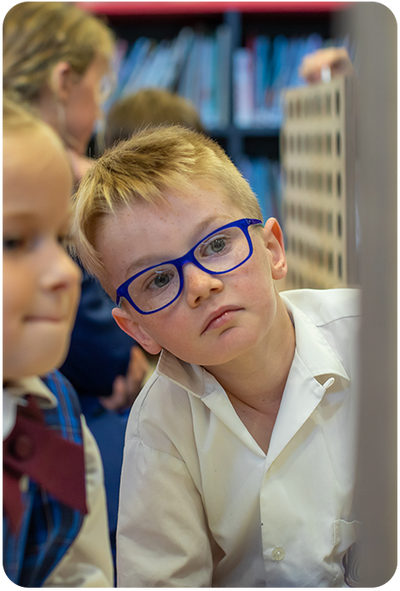
An inquiry into the natural world and its laws; the interaction between the natural world (physical and biological) and human societies; how humans use their understanding of scientific principles; the impact of scientific and technological advances on society and on the environment.
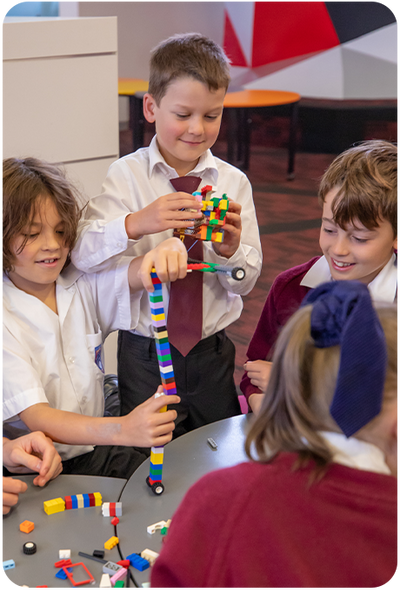
An inquiry into the interconnectedness of human-made systems and communities; the structure and function of organisations; societal decision-making; economic activities and their impact on humankind and the environment.
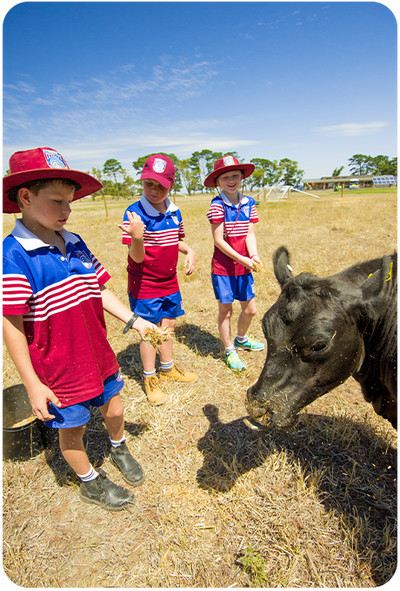
An inquiry into rights and responsibilities in the struggle to share finite resources with other people and with other living things; communities and the relationships within and between them; access to equal opportunities; peace and conflict resolution.